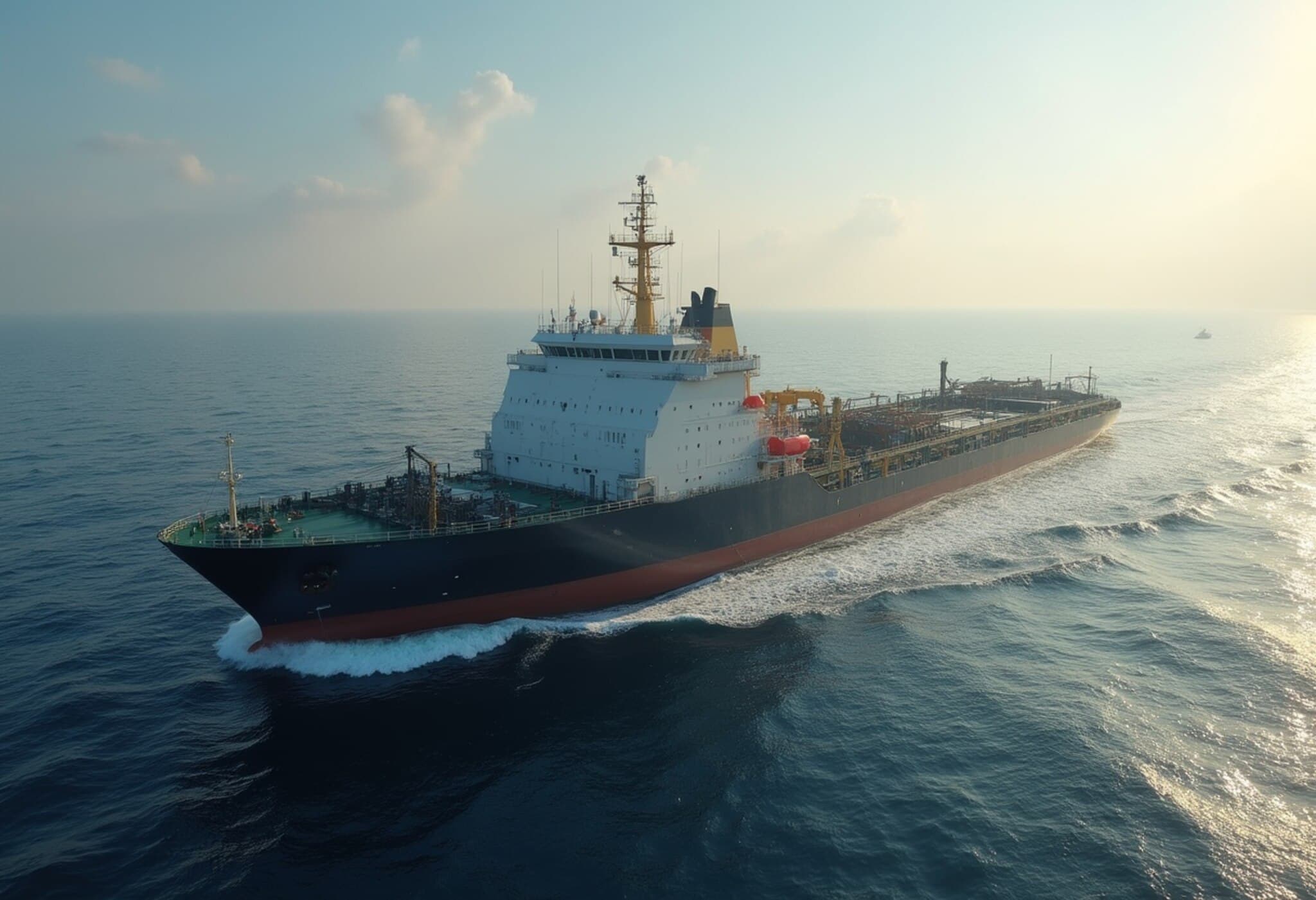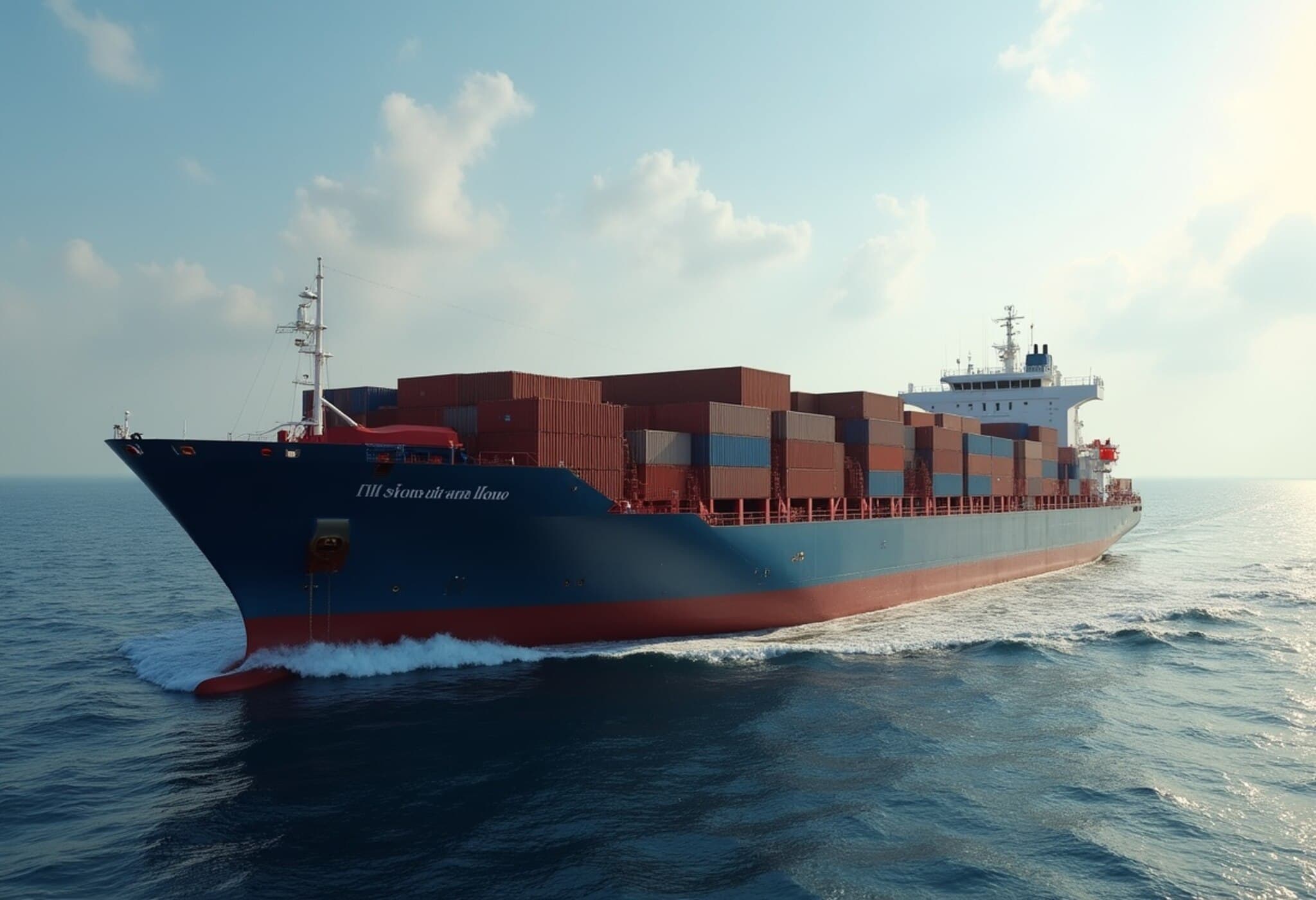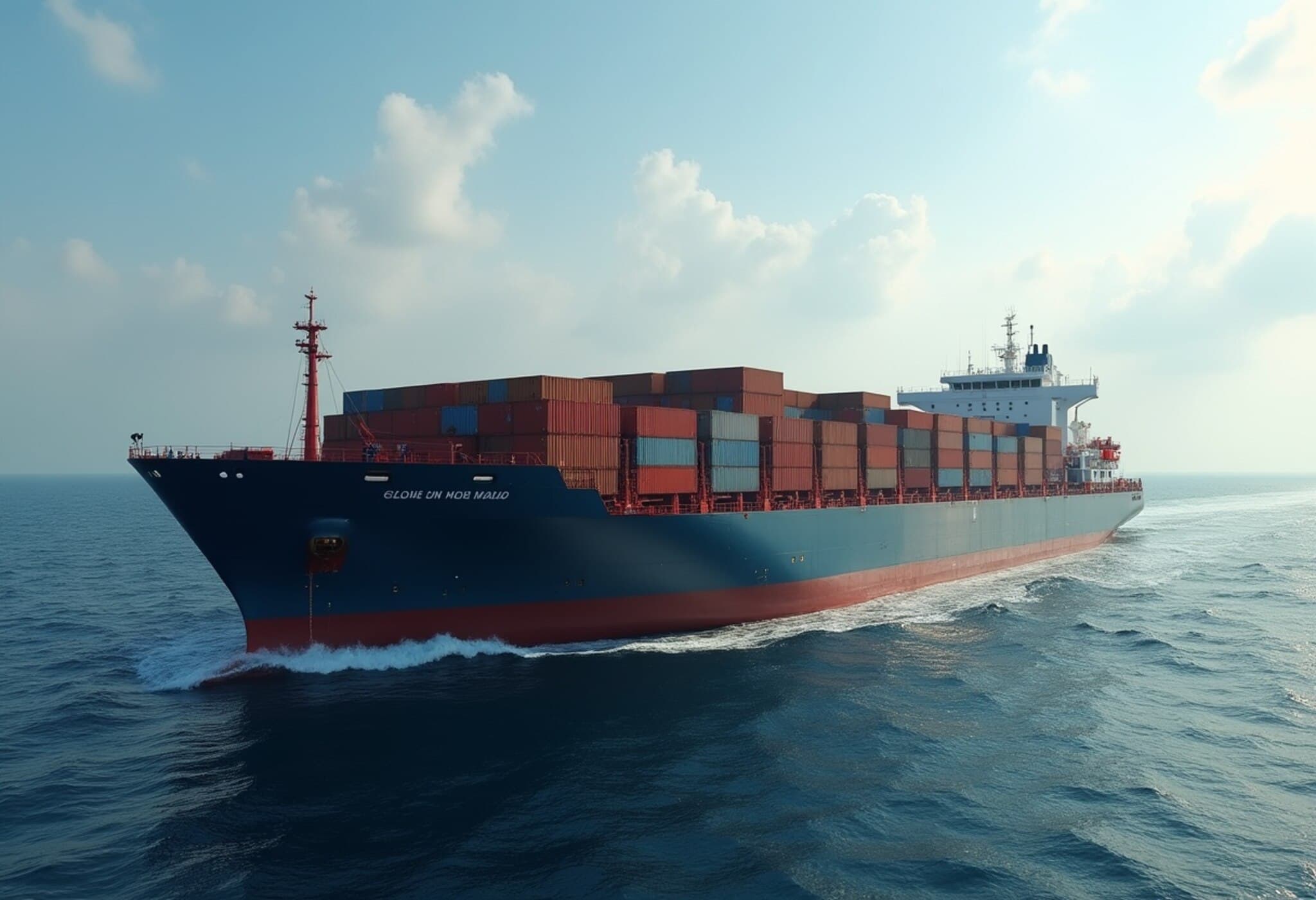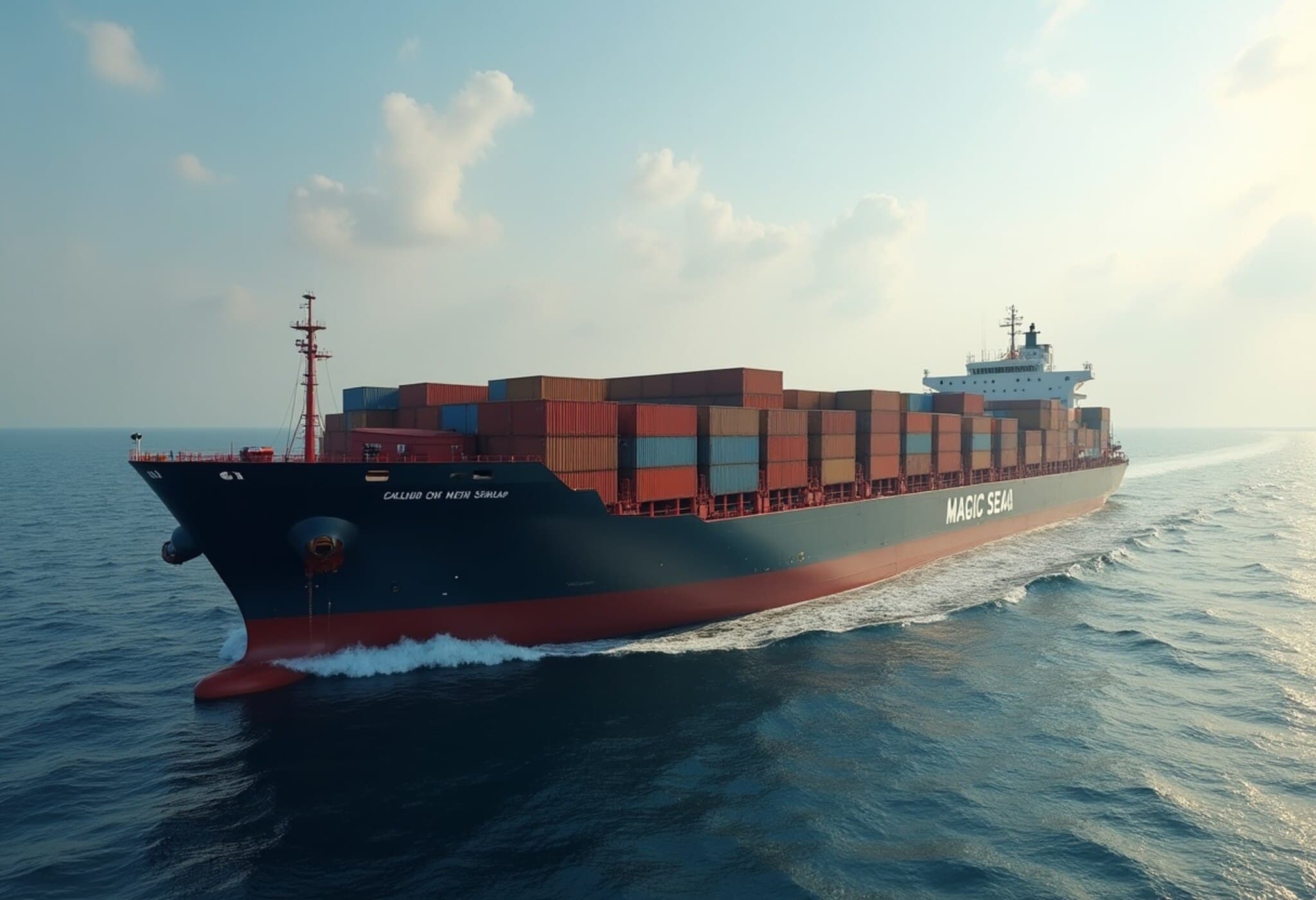Ship Under Fire in the Red Sea Amid Heightened Regional Tensions
On Sunday, a commercial vessel traveling through the strategic waters of the Red Sea off Yemen’s coast came under a sudden, violent assault. Armed assailants reportedly opened fire using guns and rocket-propelled grenades. The incident was confirmed by the United Kingdom Maritime Trade Operations (UKMTO), which noted that the ship's onboard security team did return fire. The situation remains active as authorities continue their investigation.
Complex Security Landscape in a Vital Maritime Corridor
The Red Sea is a crucial artery for global shipping, linking the Mediterranean via the Suez Canal to the Arabian Sea and beyond. Over recent years, this corridor has transformed into a volatile hotspot due to multifaceted conflicts and security challenges. Yemeni Houthi rebels have previously targeted vessels here, especially amid the ongoing Israel-Hamas conflict, driven by geopolitical intricacies that extend far beyond the immediate region.
Despite a fragile ceasefire in the area, sporadic violence persists, underlining the precarious security environment for maritime traffic. Adding to the complexity, African-based pirate groups have exploited these vulnerabilities, creating an additional layer of threat for commercial shipping companies.
Unclaimed Attack Raises Alarms for Shipping and Policy Makers
No entity has stepped forward to claim responsibility for Sunday’s attack, which complicates attribution and response efforts. The ambiguity surrounding the perpetrators heightens concerns over maritime security protocols and the potential ramifications for global trade flows.
Experts emphasize that such attacks threaten not only the safety of crew members but also the broader international supply chain, potentially increasing insurance premiums and causing delays in critical goods delivery. The attack also shines a spotlight on the need for enhanced multinational cooperation to safeguard this vital corridor.
Contextual Insights: Regional Conflict and Global Economic Implications
Yemen’s ongoing civil war and the broader Middle Eastern conflicts have a ripple effect on maritime security. The escalation in attacks correlates with fluctuating geopolitical dynamics, including the Israel-Hamas war and regional proxy engagements.
- Maritime security experts warn that failure to address these threats may invite further instability, potentially disrupting one of the busiest and most economically critical shipping lanes worldwide.
- Policy analysts point to the urgent need for streamlined intelligence-sharing between nations and increased naval patrols to deter future attacks.
- Legal perspectives highlight challenges in prosecuting maritime attackers, particularly when responsibility remains unclaimed.
What Lies Ahead: Navigating Maritime Safety Amid Uncertainty
This latest attack serves as a stark reminder of the ongoing perils maritime operators face in conflict-influenced zones. While the immediate danger was reportedly contained, the incident elevates the discourse on security preparedness, risk management, and international collaboration.
Shipping companies and governments alike must remain vigilant, adapting to a landscape where traditional conflicts increasingly manifest offshore, threatening the arteries of global commerce.
Editor's Note
This incident underscores the precariousness of maritime security in the Red Sea, a vital trade route connecting multiple continents. The anonymity of the attackers raises critical questions about accountability and deterrence mechanisms in waters plagued by conflict and piracy. Moving forward, it will be essential for international stakeholders to enhance cooperative security measures, balancing the imperative of free trade with the necessity of protecting lives and property in increasingly hostile maritime environments.












